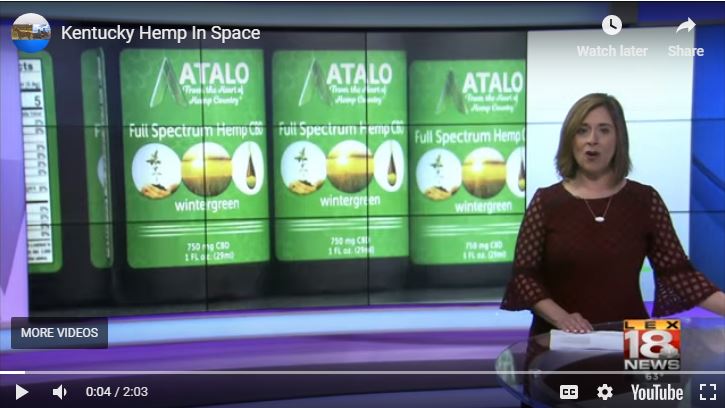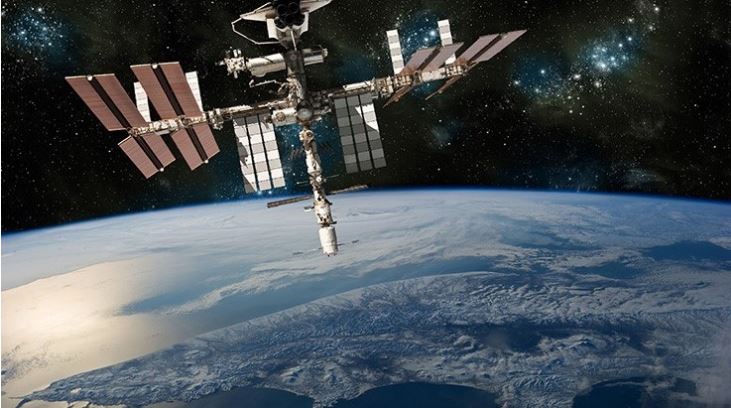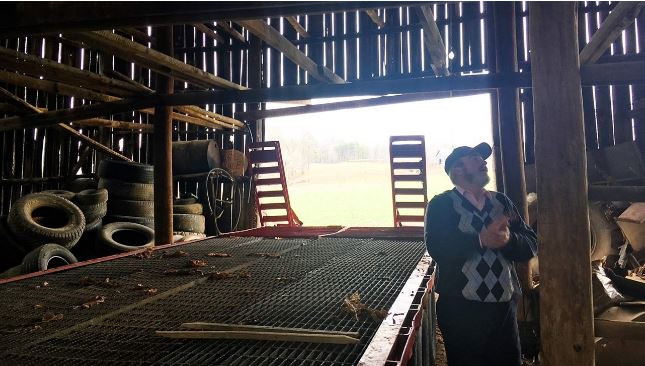Kentucky Hemp Seeds To Be Studied In Space
At zero gravity, “We expect something will happen,” said Kimel. “It could very well be material changes that enhance the efficacy of the plant, and that could have a major impact on people’s lives, particularly in the biomedical area.” The seed will remain on the Space Station for five to six weeks before it comes back to earth. Atalo will study some seeds and plant others. Several months from now, they’ll launch the next phase, which will include germinating the seed in space.



